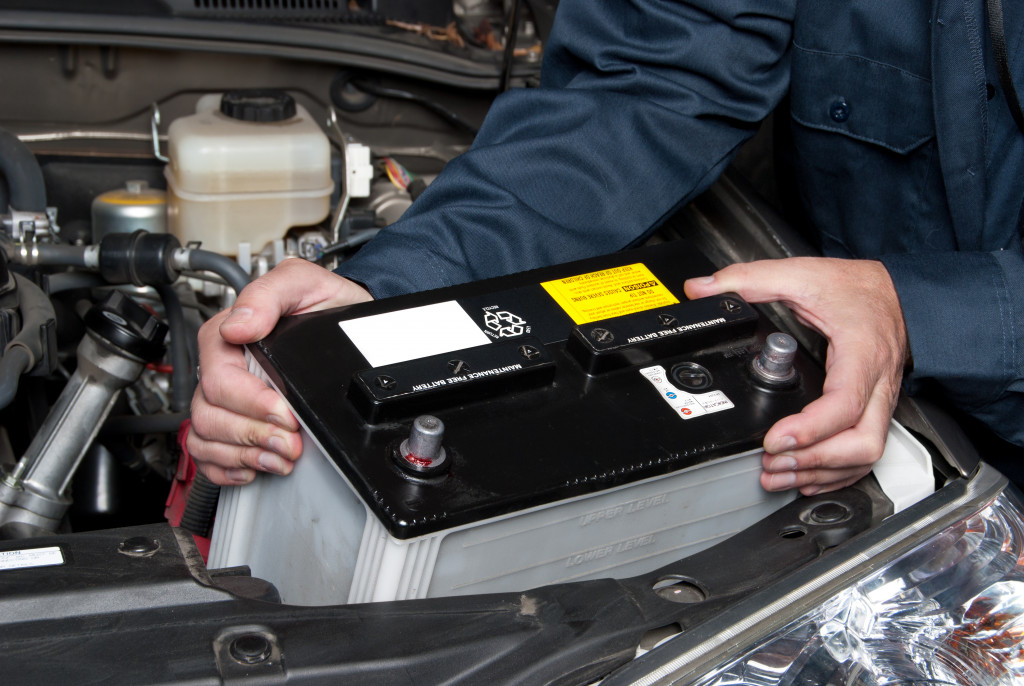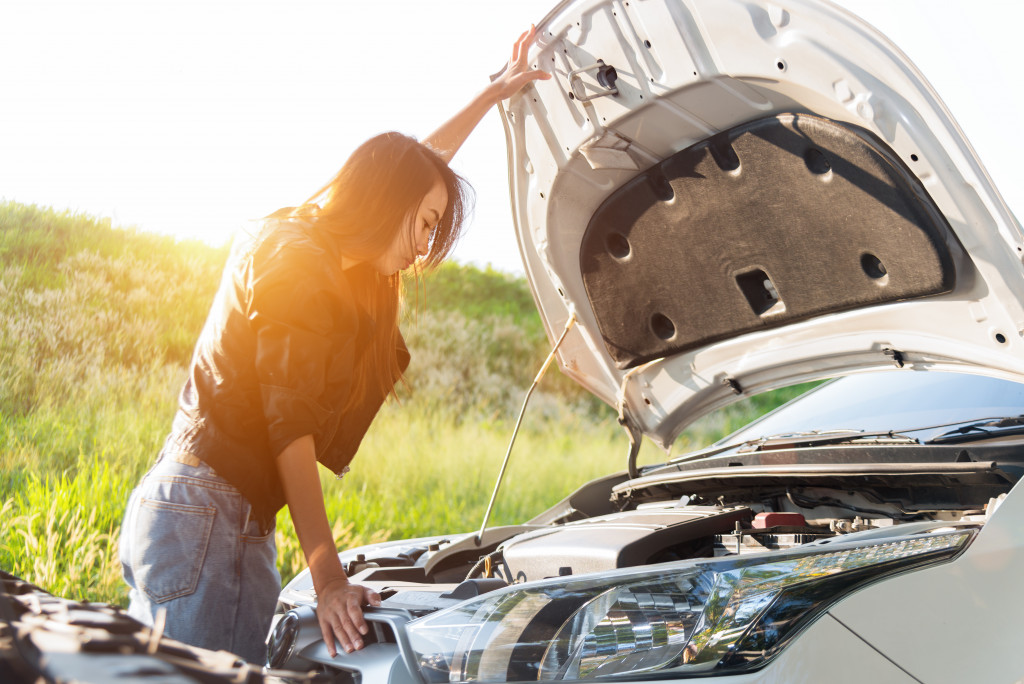Driving can be dangerous, especially when you are behind the wheel of a powerful vehicle without adequate knowledge about its mechanics. Many things could happen while you’re driving, such as a flat tire or running out of gas.
Thankfully, it’s possible to avoid these issues. The first step towards preventing serious car problems is being proactive about scheduling an inspection for your car at least once every other year. But how can you know if your assessment is thorough enough?
Below are some helpful areas you should be mindful of when checking your vehicle for safety.
Spark Plugs
Spark plugs are an essential component of your car. They ignite the air-fuel mixture in the engine, and if they’re not functioning correctly, it can be difficult for your vehicle to start. Spark plugs also play a role in your car’s fuel economy; if they’re not working as they should, you could see a decrease in gas mileage.
It’s essential to have your spark plugs replaced when they start to wear out. A bad set of spark plugs can cause various problems with your car, including decreased performance, rough idling, and increased emissions.
Replacing your spark plugs is an easy task that most drivers can do themselves. Be sure to check your owner’s manual for specific instructions on returning your spark plugs.
Spare Tire
A spare tire is crucial if you ever find yourself stranded by the side of the road, but it’s only safe to use if it’s in good condition. Make sure your spare is inflated and has no cuts or cracks in its external casing. If you need to replace your spare, contact your mechanic to find you an appropriate replacement.
Properly inflated tires also contribute to safer driving conditions, as they can improve gas mileage and brake performance.
When checking your tire pressure, be sure not to mistake a low reading for a flat tire. If your tires aren’t well-inflated, the air will expand when it gets hotter outside.
Brake Fluid
The brake fluid in your car allows the brake system to function correctly, so you need to check its level when doing a safety inspection. If the brake fluid is low, your brakes could behave erratically and be difficult to activate. Low fluid can also contribute to rusting on your brake rotors, a dangerous problem for your car.
Brake fluid needs to be replaced every two years. If yours is more than five years old, you should bring it in for a check-up at the very least. Many garages offer free inspection services with the purchase of brake fluid or another needed part–so don’t hesitate to ask for this!
Battery

A dead battery is a prevalent issue for many drivers. If you find yourself with a weak or dead car battery, it’s essential to get it checked by a mechanic immediately. Driving without a charged battery could risk your safety and the safety of others, as well as damage your car.
Another vital issue to be mindful of with your battery is corrosion build-up on its terminals. Corrosion occurs naturally, but it can also be a sign of a problem with your car’s electrical system. If you see decay, have a professional mechanic look at your vehicle as soon as possible.
Timing Belt
This belt is responsible for regulating the rotation of the camshafts in your car. When this part breaks, you could lose power or even have to replace your cylinder heads or pistons because unsynchronized valves could severely damage them. You don’t want to break down on the side of the road because you failed to take your car in for service.
Although many car manufacturers suggest replacing this part more often, other brands such as Subaru are more lenient and indicate that you only need the belt inspected once a year. In that case, it’s best to have your Subaru timing belt checked during your annual maintenance inspection. This way, you can avoid the headache of getting stranded along the road.
Engine Oil
Engine oil is one of the most critical fluids in your car. It lubricates the engine’s moving parts, which helps to prevent them from wearing down. It also helps keep the engine cool by regulating the temperature of its metal parts.
It’s essential to regularly check your engine oil level and replace it when it gets too low. Driving without enough engine oil can damage the engine and lead to costly repairs.
These are just a few of the most important things to check during a safety inspection of your car. Be sure to check your fluid levels, hoses, and belts, and contact a mechanic if you have any concerns. By keeping on top of these regular checks, you can help to ensure that your car is running safely and smoothly.

